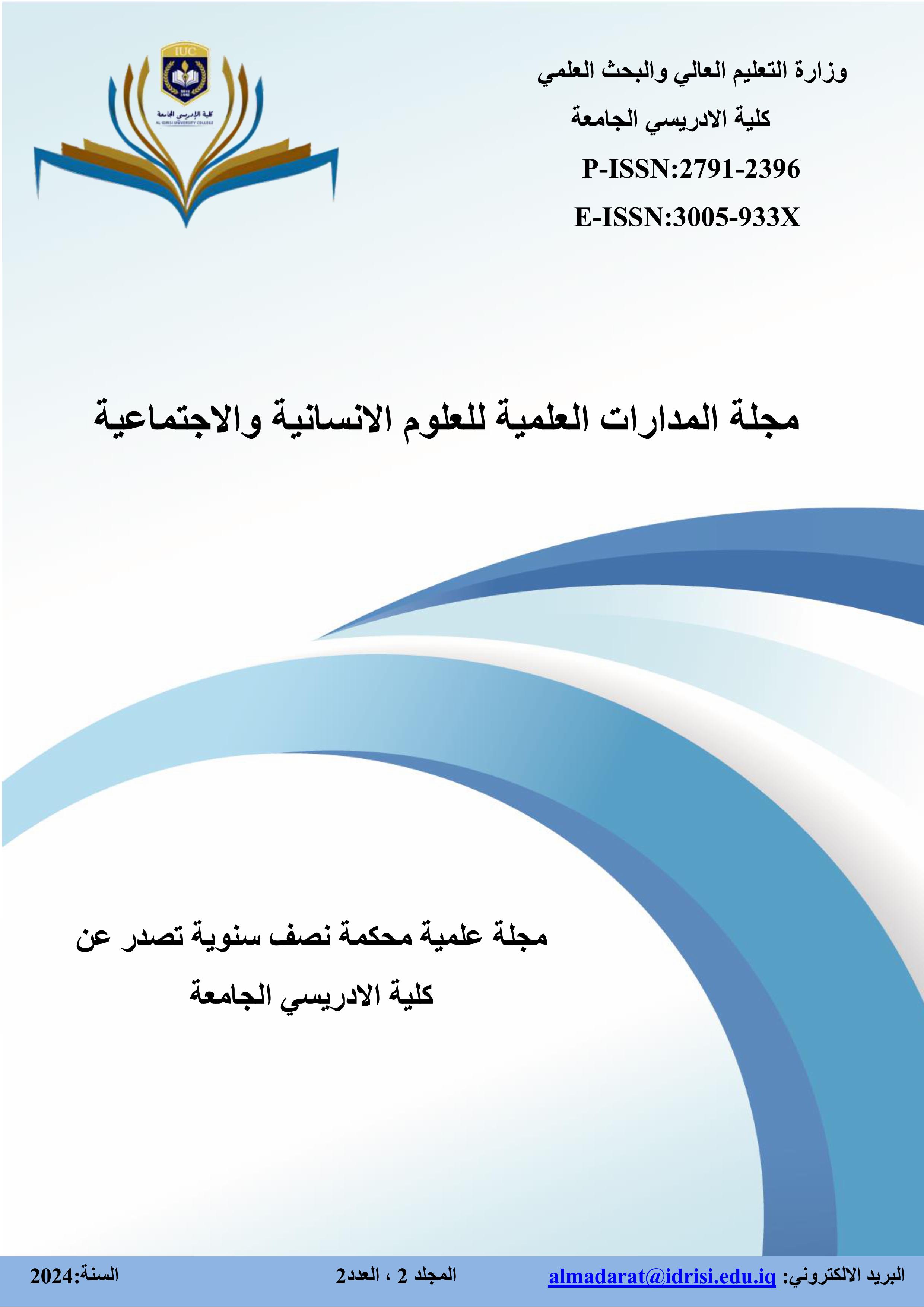Abstract
Marital alimony is one of the wife’s inherent financial rights, lined up with the dowry. It is obligatory upon a valid contract and is called continuous alimony. In principle, marital alimony is not waived except by payment or release. In addition, she fell victim to the wife’s disobedience after a final ruling was issued by the court. Also, marital alimony is a debt owed by the husband. If he refuses to pay it to the wife, the wife has the right to file a lawsuit to claim it, in addition to the options that are proven to her at that time, including the right to move to her family’s home, the right not to enjoy it, and annulment. The alimony debt is stipulated in the law. Personal Status No. 188 of 1959, as amended, explicitly stated in Article (24/1 and 32), and was given multiple names such as alimony debt, past alimony, and accumulated alimony.
The wife’s lawsuit to claim alimony will be accepted by the court after ensuring that there is a valid contract between the spouses, that the marriage exists, and that the wife is retaining her husband’s right and is not disobedient. If these conditions are confirmed, the wife’s claim for alimony will be accepted, and the lawsuit for the alimony debt will be accepted, even if it is a financial right. However, the person competent to consider it qualitatively is the Personal Status Court, as stipulated in Article (300/1) of the amended Procedures Law No. 83 of 1969, and the court’s recent decision is subject to appeal before the Court of Cassation, as stipulated in Article (35) of the aforementioned law.
The Personal Status and Personal Materials Authority in the Federal Court of Cassation on 12/Rabi’ al-Awwal/1441 AH corresponding to 10/11/2019 issued two different decisions on the same subject, which represented the wife’s entitlement to past alimony for a period of eight years, and ongoing alimony estimated for her and her child, and the court ratified Cassation decided its decision after the end of the appeal period, then the defendant filed another cassation request, according to which he rejected the first decision and asked the Personal Status Court to amend it.

